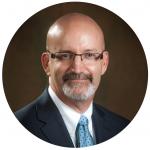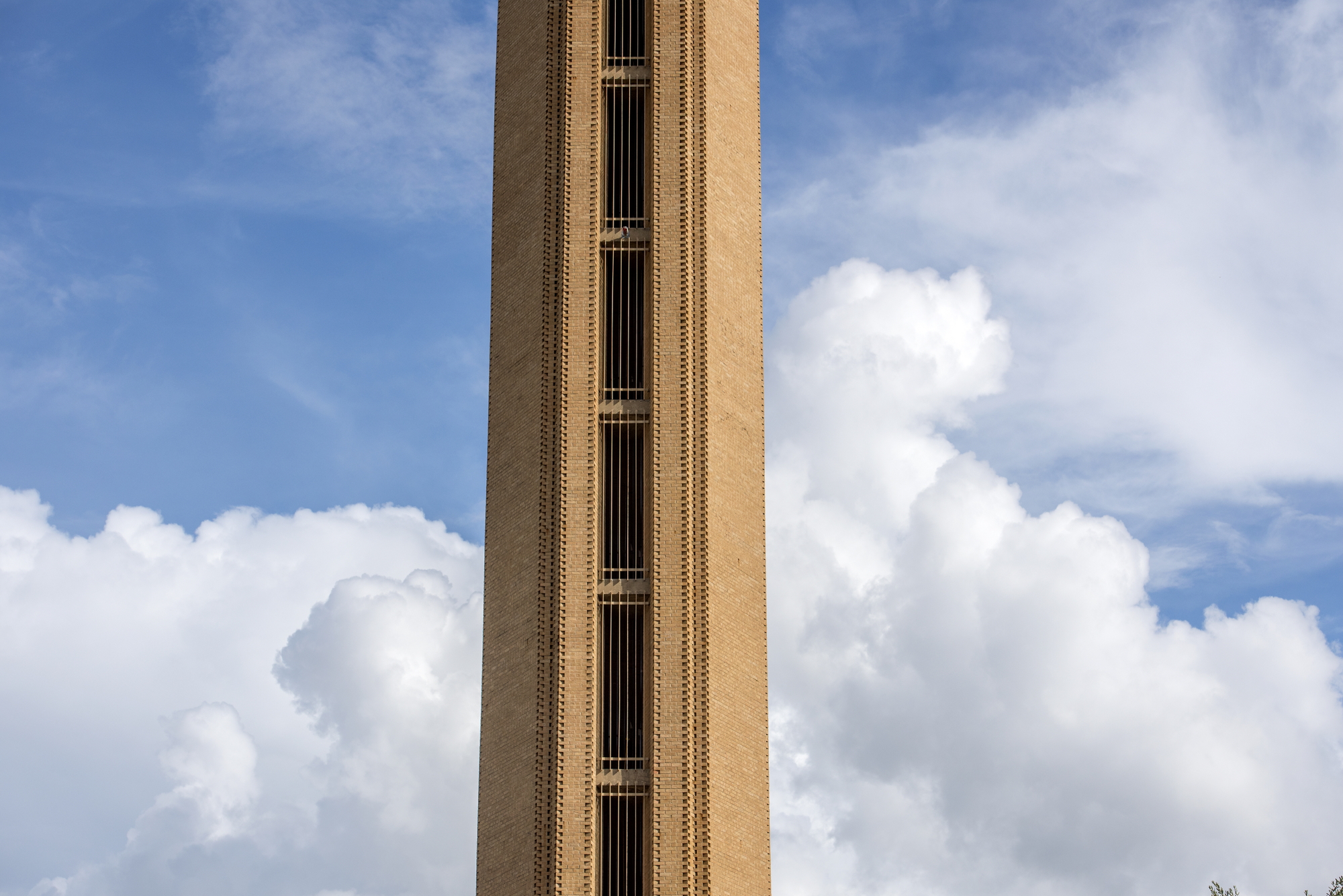 Menu
Menu

GK Chesterton notes that the problem with heretics is not that they get everything wrong but that they take one small piece of the truth and blow it up to be the whole truth. Perhaps nowhere is that so clear as in modern anthropology—that is, modernity’s conceptions of the human person. It is a profound truth that humans labor and work and produce as co-creators, but Marx wants to suggest that a human is only a laborer, a producer of goods. (A woman might be a welder, but she is much more than that.) Surely humans have subconscious and unconscious thoughts and desires, but for Freud to make these the dominant aspects of the human, well, leaves out a few things. (If it is even true that a man thinks about sex every seventeen minutes, he’s got lots of other things going on the other 94% of the time.)
Today’s utter confusion about sex and gender is rooted in such partial, reductionistic senses of the human person: that sex is all there is, that one can change one’s sex willy-nilly, that one’s body is not “what I am,” that the human is infinitely malleable and subject to ones own desires.
One of the great goods of the Core Curriculum is that it features at its core—the second Philosophy class, often taken in Rome—a course in The Human Person. It provides a powerful experience for students to reflect on exactly what it means to be human—how a human soul is not a ghost in the machine that is the body, but the very form, and forming action, that makes us what we are (the Greeks called this the entelechia), how humans are will and intellect and passion, body and soul. Students in this course begin with the ancient Greeks, work their way through medieval Christian thinkers, especially Thomas Aquinas, consider Descartes’ innovations (and mistakes), and end with a 20th-century philosopher reflecting on what it means to be human.
But in fact, almost all of the Core in one way or another is attempting to illuminate the human condition, and lead to a richer conception of the human person. In The Iliad and Oedipus Rex, students reflect on the Greek word moira—fate—and what parts of our lives are beyond our control. They consider what it means to be heroic, and how heroism can take different forms—the blindingly angry Achilles, the wily and clever Odysseus, the dutiful Aeneas. In Economics they explore how humans are those beings who make rational choices about goods and respond to incentives. In Business classes they realize that human ingenuity—our inherent creativity in solving problems—powers our lives together, and is why capitalism responds to that crucial aspect of the human better than socialism or communism. In Politics they learn that humans are not mere isolated individuals, but persons in community, and thus that we are naturally social, political, interacting beings, achieving our good only in concert with others. In a Physics or Biology or Chemistry class they see one fundamental aspect of the human is wonder at the glory of God’s creation, and that wonder as the engine that drives one to explore with one’s intellect the coherence of His creation ever further. And the Theology classes in the Core point ultimately to the fact that, though we are wounded by original sin, our hearts, as Augustine notes, “are restless until they rest in thee,” that is, that one cannot understand the human without understanding the ultimate destination and fulfillment in the human in unity with God.
We in the Office of Student Affairs often say, “if they get the anthropology right, everything else is easy.” Students who know what it means to be human, what it means to know oneself, what it means to know and pursue the good and choose well, have a confident maturity that powers all the rest of their lives. A healthy anthropology is an adequate anthropology—one that takes into account the fullness of the human, body and soul, sin and grace, subjective and objective, limited and destined for the infinite. It takes the fullness of the Core, and its grounding in the truth of the human person, to lead a student out of the muddy morass of modern mistakes about the human, and lead to the clear full light of a free and heroic sense of one’s humanity.
